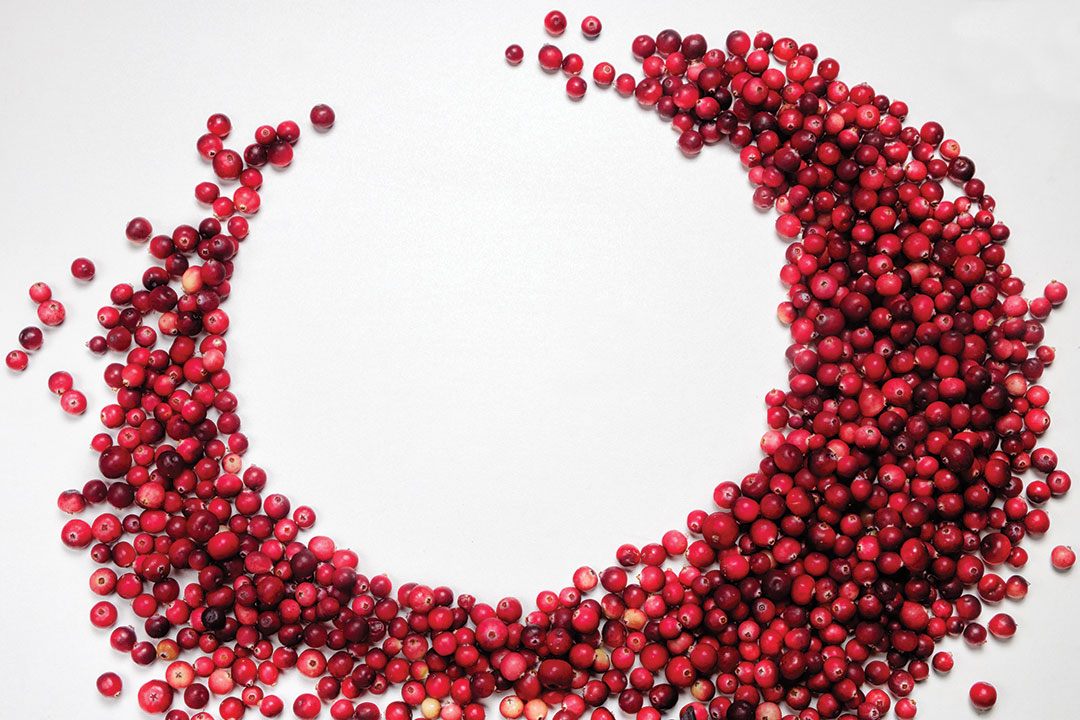Jarita Davis
is something of a shapeshifter. One moment she is a young man on a Nantucket Sleighride, the next she is an old woman harvesting cranberries by hand, always she is a poet who slips into other skins and takes us along with her. Jarita relies on the universal languages of emotions and senses to engage us, but she is also very specific, focusing on one place, one moment, one truth at a time to teach, illuminate, and honor what’s important. Her poems are like keyholes: well-defined passages to bigger spaces where we can slow down, look around, spend time, and learn something.
—Lauren Wolk
Harvesting a Return
Over and over again, owners and overseers of cranberry bogs pronounce the Cape Verder, whether he picks by hand, scoop or snap, the very best harvester of cranberries on the Cape Cod bogs.
Albert Jenks, anthropologist, 1924
I can look at the cranberries, yes, but not eat them. It’s their color that’s sweet
when the pink beads and candied crimson pebbles tumble into their wooden boxes.
If you buy your own land, in three to five years you can harvest a full crop.
In three years, I’ll be in Fogo again, telling my sobrinhos stories of the bog.
Not about arthritis snapping my hips and ankles as I crouch in the dewy dawn,
or the skin splitting my hand as I reach from the cold, dry air into the wet vines.
I’ll bring back different stories, American clothes, and a handful of cranberries
for each child. I’ll laugh when they spit the bitter flesh back into their hands.
When their faces gather, scattered brown layers eclipsing each other, I’ll tell how here
parents picked and scooped and told children stories of Nho Lobo, the lazy wolf.
How women picked too. Mothers in wide-brimmed hats stained their dresses
while kneeling on crushed leaves and cranberries in the wet bogs, teaching
their children those old Criole songs: the one about the rooster
who longs for his youth, wishing he could fly. And how the children helped,
stumbling under the awkward empty wooden crates, gray and
bigger than themselves, and brought them to their parents, bent in the bogs.
I’ll tell them about autumn tumbling behind boxes of cranberries set at the edge
of the fields and how the end of each day would fall from the hills with a quiet fire
of trees like narrow volcanoes exploding orange and yellow leaves. The evenings
folded with the smell of burning wood, as colors collapsed into the sunset.
How all through September and October and November, late into every Saturday
night, we sang along with the accordions and mandolins in cabins by the bogs.
We danced, and the children took warm bread with cranberry jam from their mothers’
rough hands, hands torn by the berries’ vine and stained red beneath the nail.
Work on the bog is work that makes you feel old. Old enough to wonder how
you are still bending your back over another man’s crops, not your own.
My scoop snaps across the vines’ twigs. The money comes slowly, but it comes.
Boxes stand stacked, bulging with berries. If the picking is good this year, and next,
I’ll bring an aching armload of stories and berries back from the fiery fields
of this other Cape to those brown faces in the beige mountains of Fogo.
—by Jarita Davis

